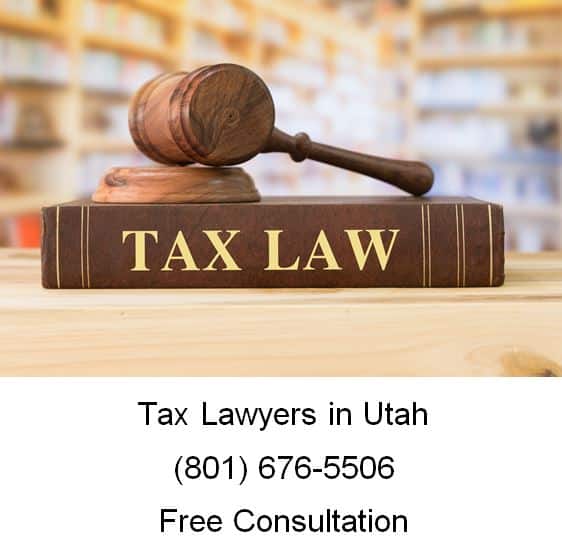
The short answer is yes – you can. You may not though – it really depends on the situation and what happened. Let’s say you forgot to pay your taxes one year. Then one year turned into several years. You don’t have the money to pay what you owe, and now you’re wondering if you can go to jail for not paying taxes.
You can go to jail for not filing your taxes. You can go to jail for lying on your return. But you can’t go to jail for not having enough money to pay your taxes. To better understand these distinctions, let’s take a closer look at when you risk jail time for failing to pay your taxes.
Making an honest mistake on your tax return will not land you in prison. For that matter, most tax liability is civil not criminal. If you’re audited and it turns out you owe, a civil judgment is placed against you to collect the remaining money.
You can only go to jail if criminal charges are filed against you, and you are prosecuted and sentenced in a criminal proceeding. The most common tax crimes are tax fraud and tax evasion. Tax evasion occurs when you use illegal methods to avoid taxes. Claiming more children than you have is an example of a fraudulent action. Tax fraud involves an intentionally trying to deceive the IRS. This is different than a taxpayer being confused by the tax form and placing numbers in the wrong line.
What Leads to Jail
The IRS is much more forgiving with people who can’t pay as opposed to non-filers who don’t pay. So late filing penalties are much higher than late payment penalties. The IRS will not put you in jail for not being able to pay your taxes if you file your return. The following actions will land you in jail for one to three years:
• Tax Evasion: Any action taken to evade the assessment of a tax, such as filing a fraudulent return, can land you in prison for 5 years.
• Failure to File a Return: Failing to file a return can land you in jail for one year, for each year you didn’t file.
• Helping Someone Evade Taxes: Helping someone else get out of paying their taxes can carry a three to 5 year prison sentence depending on what action is alleged.
Statute of Limitations
If the government is going to file criminal charges against you for failing to pay your taxes, it needs to act fast. Depending on the exact nature of the alleged wrongdoing, criminal charges must be brought within three to six years of the violation.
Remember, the clock doesn’t start running until you file your return. For example, if you owe the IRS money on a 10-year past due return you never filed, you can still be criminally charged with tax evasion. However, if you filed a return 10-years ago but never paid the associated taxes, you cannot be criminally charged.
Get a Payment Plan
If you owe more in taxes than you can afford to pay, you have better options than simply not paying. We can help you with this.
• Individual Installment Agreement: If you owe less than $50,000 in tax, interest and penalties combined, you can set up a plan that allows you to pay down over time, with regular monthly payments. If you owe more than $50,000, you can still arrange an installment agreement, there’s just more paperwork involved. You’ll need to provide the IRS with detailed information on your assets, such as real estate and investment accounts, as well as household expenses.
• Offer In Compromise: This is an agreement between you and the IRS to settle your tax liability for less than the full amount owed. It’s generally not an option when the IRS thinks you are able to pay down your debt through a payment plan. This analysis is known as establishing your reasonable collection potential.
Free Initial Consultation with a Tax Lawyer
When you need help with a tax matter – even if it’s a criminal tax matter – call Ascent Law for your free consultation (801) 676-5506. We want to help you.
8833 S. Redwood Road, Suite C
West Jordan, Utah
84088 United States
Telephone: (801) 676-5506
Recent Posts
Fraudulent Prenuptial Agreement


